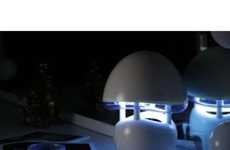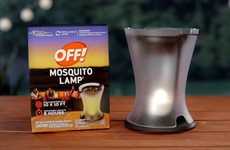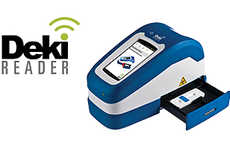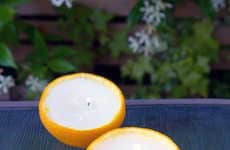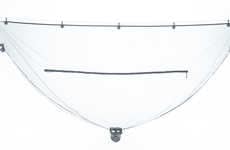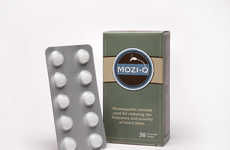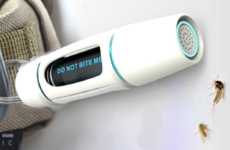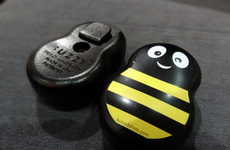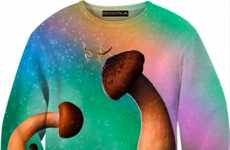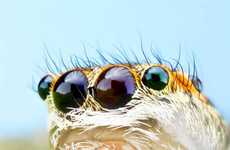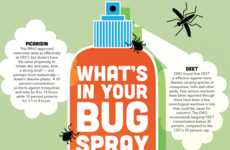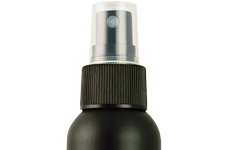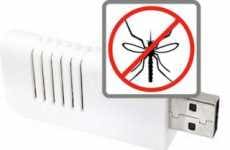


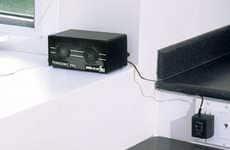
Insect repellents evolve to satiate the modern tech-savvy consumer
Implications - As consumer dependence on technology continues, products like insect repellents are evolving to feature high-tech, digital components. Moving away from the typical spray format, repellents are being integrated into wearable technology and mobile apps to not only make application more convenient, but also streamline the process to be easily integrated into day-to-day activities. This turn toward tech integration suggests that consumers are not only looking for new ways to experience things, but also expect a technological tie-in, even when it comes to personal protection and health.
Workshop Question - How could technology make your products or services more convenient for consumers?
Trend Themes
1. Tech Integration in Personal Protection Products - As consumers become more dependent on technology, companies are integrating digital components into personal protection products like wearable insect repellents and mobile apps to make application more convenient and encourage day-to-day use.
2. Humane Pest Control Systems - Electronic pest control systems, like the Transonic PRO, that use sound waves instead of dangerous chemicals or inhumane traps are becoming a popular pest management option for consumers concerned about safety and animal welfare.
3. Innovative Mosquito-repelling Products - Companies are introducing a range of creative and effective mosquito-repelling products like bracelets infused with geraniol extract, musical camping lanterns that also repel insects, and light-sensing malaria tests.
Industry Implications
1. Personal Care - The personal care industry can benefit from tech integration in products like insect repellents, offering consumers a greater variety of high-tech personal protection options.
2. Pest Control - As consumers become more concerned about animal welfare and the use of dangerous chemicals in their homes, the pest control industry can offer electronic pest control systems as a humane option.
3. Healthcare - Medical startups, like Matibabu in Uganda, are developing innovative and non-invasive healthcare solutions that use technology, such as light-sensing malaria tests, to improve access and increase efficiency in healthcare.
